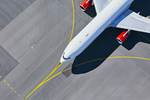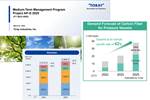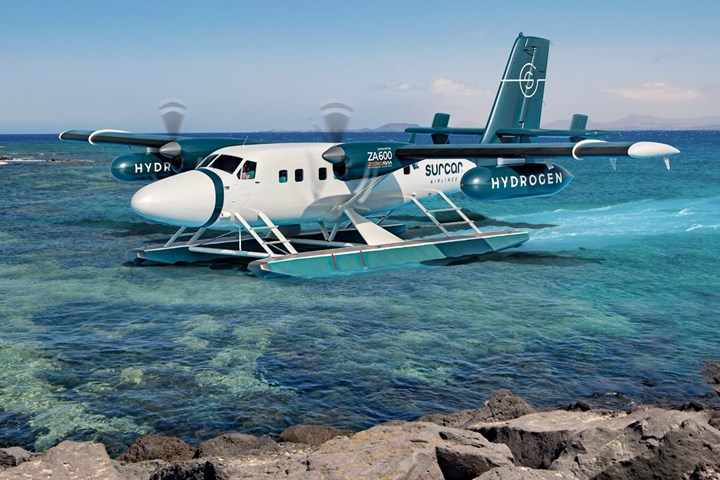Surcar Airlines selects ZeroAvia hydrogen-electric engines to power flights in the Canary Islands
Surcar plans to retrofit Twin Otter seaplanes with the ZA600 powertrain, which will use compressed gaseous hydrogen stored in composite pressure vessels.
ZeroAvia (Hollister, Calif., U.S.) has signed an agreement to provide its ZA600 hydrogen-electric engines to new operator Surcar Airlines (Spain) as it looks to bring green flights to the Canary Islands.
Backed by investors including the Danish carrier Nordic Seaplanes, the newly launched airline plans to use Twin Otter seaplanes retrofitted with the ZA600 powertrain on sightseeing tours. Surcar Airlines is committed to the electrification of aviation to enable zero-emission flights in the Canary Islands. The company says it will begin operations with conventionally powered aircraft; the next step will be switching to hydrogen-electric engines to remove all in-flight emissions, providing additional reductions in climate and air quality impacts.
ZeroAvia is on track for certification over the next two to three years of the ZA600 600-kilowatt engine for 9-19 seat aircraft and has a Memorandum of Understanding with De Havilland (Toronto, Canada), type certificate holder of the Twin Otter.
ZeroAvia recently completed a program of 10 test flights of a prototype of its ZA600 for the aboard a Dornier 228 aircraft at its U.K. base in Kemble, Gloucestershire. Hydrogen-electric engines use hydrogen in fuel cells to generate electricity, which is then used to power electric motors to turn the aircraft’s propellers. The only emission is water.
The European Union is targeting a 55% reduction in greenhouse gas emissions by 2030, and Spain’s National Energy and Climate Plan aims to achieve an entirely carbon-neutral transport system by 2050. Such policy action is echoed in consumer attitudes. According to a survey conducted by the European Investment Bank, three-quarters of Europeans plan to fly less frequently in the future for environmental reasons. Delivering clean flight is a strategic imperative for the aviation industry.
“The Canaries are a perfect use case for the earliest zero-emission flights, given the opportunity for replacing combustion engines on short island-to-island routes,” says James Peck, chief customer officer for ZeroAvia. “Developing green options for inter-island travel will help further increase the appeal of one of Europe’s most popular holiday destinations.”
Related Content
-
Manufacturing the MFFD thermoplastic composite fuselage
Demonstrator’s upper, lower shells and assembly prove materials and new processes for lighter, cheaper and more sustainable high-rate future aircraft.
-
Plant tour: Middle River Aerostructure Systems, Baltimore, Md., U.S.
The historic Martin Aircraft factory is advancing digitized automation for more sustainable production of composite aerostructures.
-
Plant tour: Spirit AeroSystems, Belfast, Northern Ireland, U.K.
Purpose-built facility employs resin transfer infusion (RTI) and assembly technology to manufacture today’s composite A220 wings, and prepares for future new programs and production ramp-ups.

















